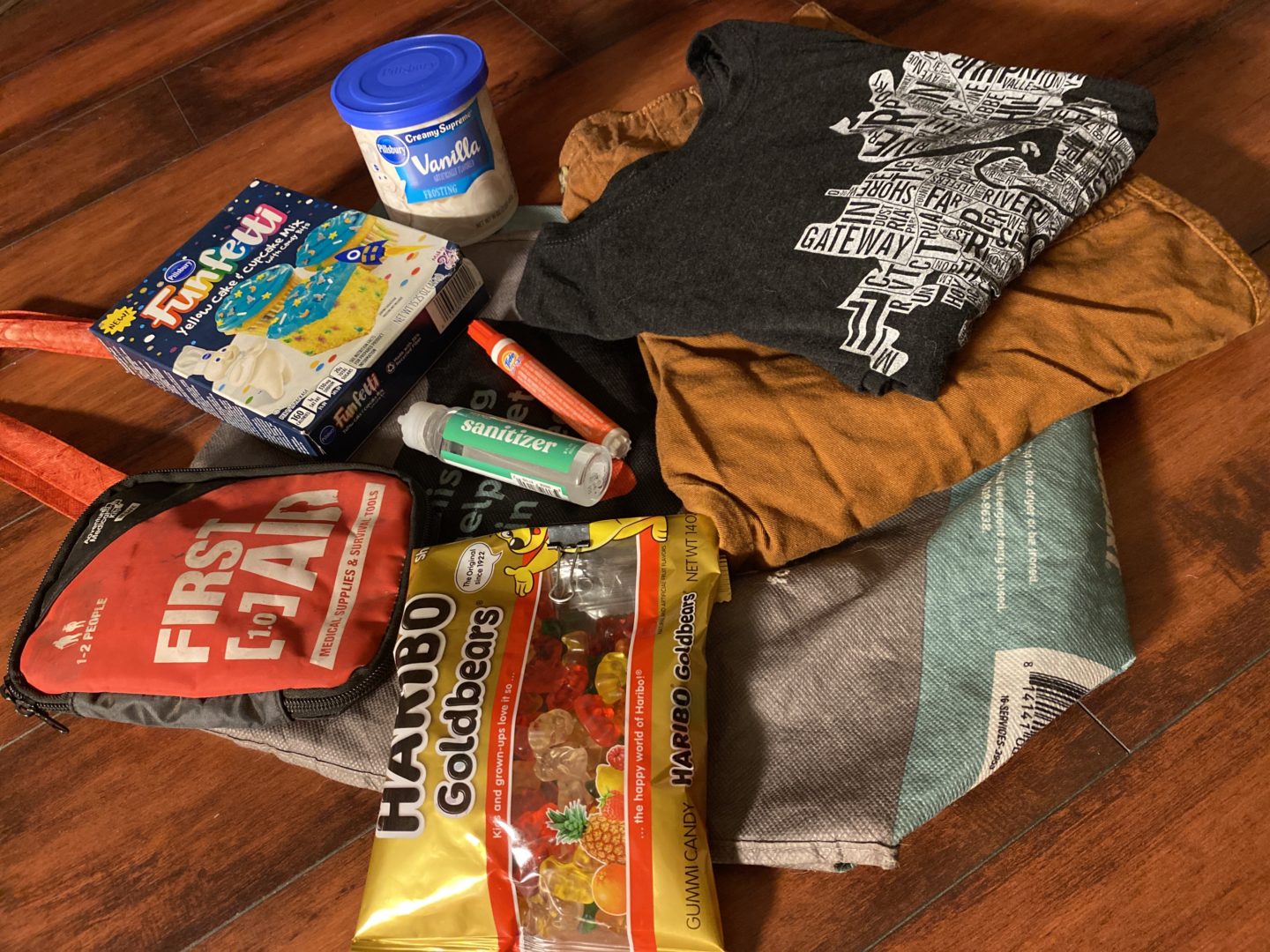For nannies, coming to work prepared is job no. 1. You need to keep everyone safe, comfortable and entertained. You want to think ahead so you come ready with some first-aid basics to address any little emergencies before they happen. And bonus points if you come with a well-stocked toolkit (aka your nanny bag), which will make you the most loved and well-prepared childcare provider that the family has ever seen.
Here is a list of what to prepare, even if you are just going round the corner!
1. Emergency contact list
In an emergency, the first priority is to immediately phone the parents or 000. Do ask the parents, however, to supply you with a list of at least two alternative phone numbers (such as their work numbers and a neighbour’s mobile phone) in case they can’t be reached. Also request numbers for the doctor and dentist, and get a suggested plan of action if there is a minor emergency as opposed to a major one.
2. List of medications and allergies
As the child carer, you will need to know if the children in your care have any allergies or take any medication. Keep this info in your notebook, and if there are food allergies, place reminders in the kitchen. Two of the immediate questions you are asked in a doctor’s office and emergency room are “Is the child taking any medication?” and “Is the child allergic to anything?” Having this crucial information with you can help the doctor diagnose the child and prescribe the correct medicine with the fewest side effects.
3. First-aid essentials
Small, well-equipped first-aid kits are affordable and widely available. For minor emergencies, make sure yours has bandages, antibiotic ointment, antiseptic cleansing wipes and a pair of tweezers for splinters.
4. Tissues and wet wipes
Children and messes tend to go hand in hand. Keep small packs of tissues with you, as well as hand wipes, so that you are equipped to clean up any mess.
5. Small notebook
Keep something on hand—your phone or a pen and paper—to help you note any information (that isn’t time sensitive) that you need to discuss with the parent(s).
6. Money
Keep a few dollars in your purse or car. Small trips may include meter parking, so keeping some spare pound coins in your bag will allow you to park without worrying where to get change or where to find the nearest cash machine.
7. Suncream
Nothing sabotages a sunny outing faster than realising you came without suncream. For babies’ and kids’ delicate skin, paediatricians recommend suncream that contains mineral ingredients like zinc oxide. Bring along lip balm with SPF for added protection. (And make sure to apply it liberally, even on a cloudy day.)
8. Nappies, wipes and mat
If needed. Even if kids are potty-trained, you may still want to keep a spare pair of pants and bottoms in your bag (whatever their age!).
9. Healthy snacks
Put together small bags of rice cakes, sultanas or apple slices before you head out for the day. These are easy, healthy snacks for the kids that will boost their energy when they get tired.
10. Bottle of water
Always have water on hand to keep yourself and the kids hydrated. You might consider investing in lightweight, collapsible water bottles to save room in your bag (and support the environment while you’re at it).
11. Educational games and the child’s favourite toy or book
Fun trivia-type games, flash cards, books or scavenger hunt lists for the children are great ways for them to have fun, especially if there’s traffic or a long wait. And, as any parent knows, just the sight of their favourite toy can help a child feel more comfortable in any situation.
As a nanny, you don’t need to pack everything every time you leave the home. Knowing the essentials to take can help you feel prepared for any situation!
